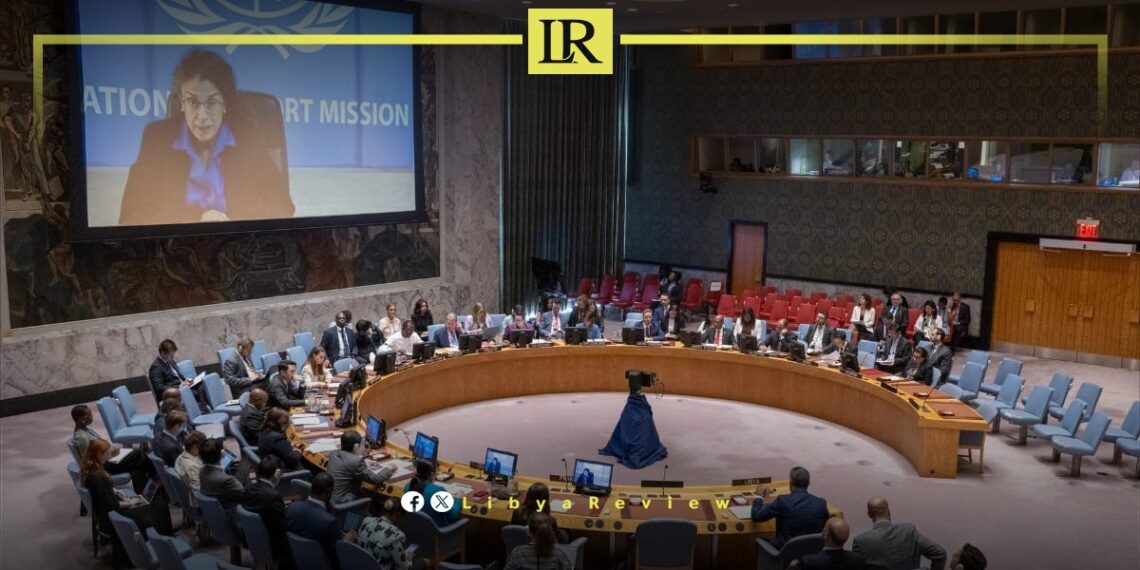On Tuesday, the Acting Head of the United Nations Support Mission in Libya (UNSMIL) and Deputy Special Representative for Political Affairs, Stephanie Khouri, revealed that the number of Sudanese refugees in Libya has surged to 97,000.
This figure, marking the first official count, underscores the growing humanitarian crisis in a country already struggling with worsening political, economic, and security conditions.
Khouri presented these figures in a briefing to the United Nations Security Council, where she noted that the refugee count had reached 97,000 as of August 11. The majority of these refugees have sought refuge in the southeastern town of Kufra, a remote and under-resourced area where they face harsh conditions.
Khouri emphasized the critical need for full access to these refugees, stressing that effective and increased humanitarian assistance is essential and must be coordinated with local authorities. Despite the severity of the situation, the UN’s response plan for Sudanese refugees in Libya is currently only 21 percent funded. Nevertheless, both the Libyan government and the Libyan National Army have continued to operate an air bridge, delivering much-needed aid to these refugees, even as resources remain scarce.
The conflict in Sudan has forced tens of thousands of Sudanese to flee their homes, with many seeking safety in neighboring Libya. However, Libya itself is grappling with its own crises, including ongoing political instability, economic hardship, and armed conflict, making it a challenging environment for refugees.
Kufra, situated in Libya’s southeastern desert, has become a key entry point for Sudanese refugees. This remote region lacks the infrastructure needed to support such a large influx of people, leading to severe hardships for those who arrive there. Refugees face extreme desert conditions, limited access to basic necessities, and minimal support, all of which contribute to a dire humanitarian situation.
International organizations, including the United Nations, have been working to address the needs of Sudanese refugees in Libya, but their efforts are constrained by inadequate funding and the complex security landscape.
The UN’s response plan aims to provide essential services such as food, water, shelter, and medical care, but with only 21 percent of the necessary funds secured, the scale of assistance falls far short of what is required.


